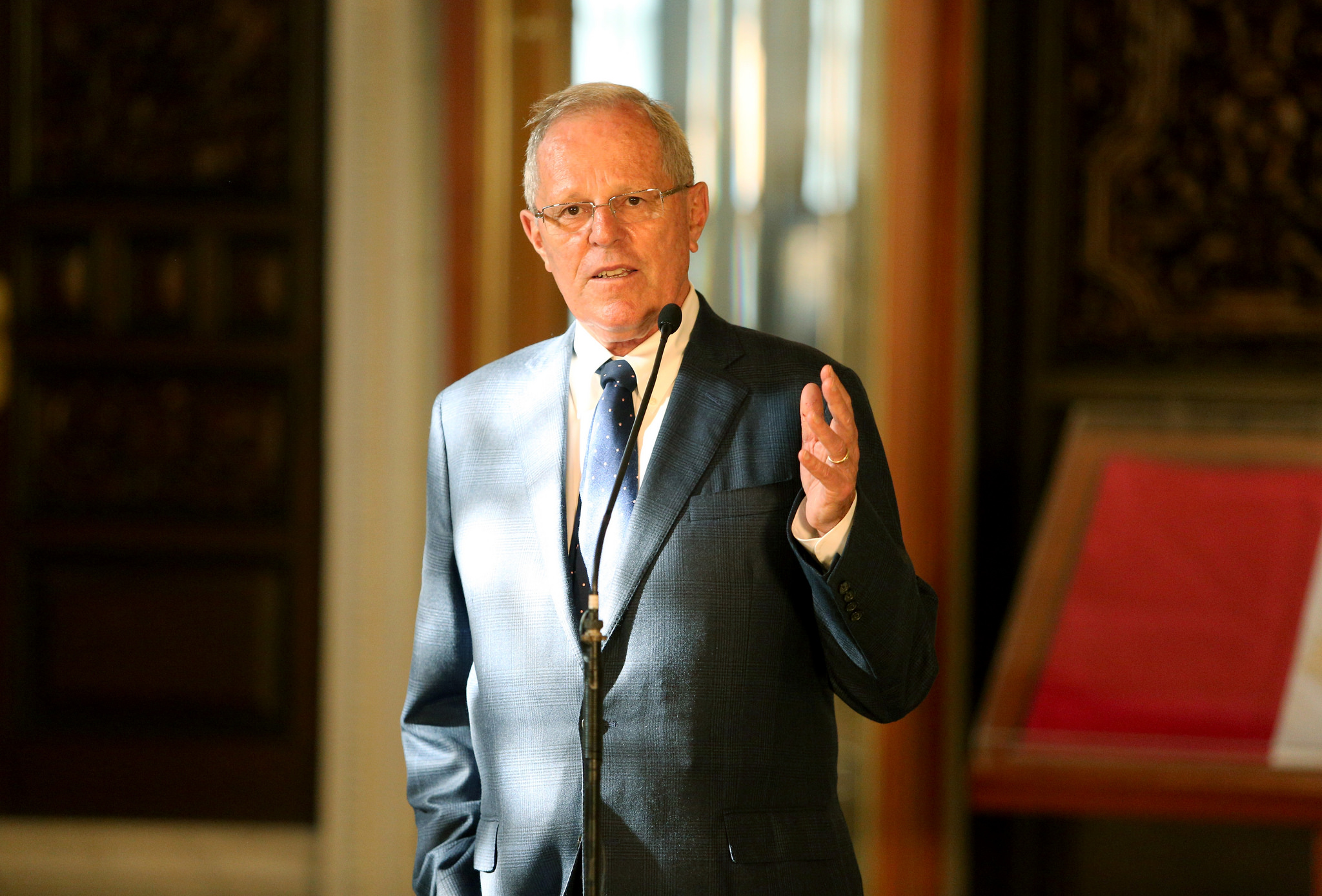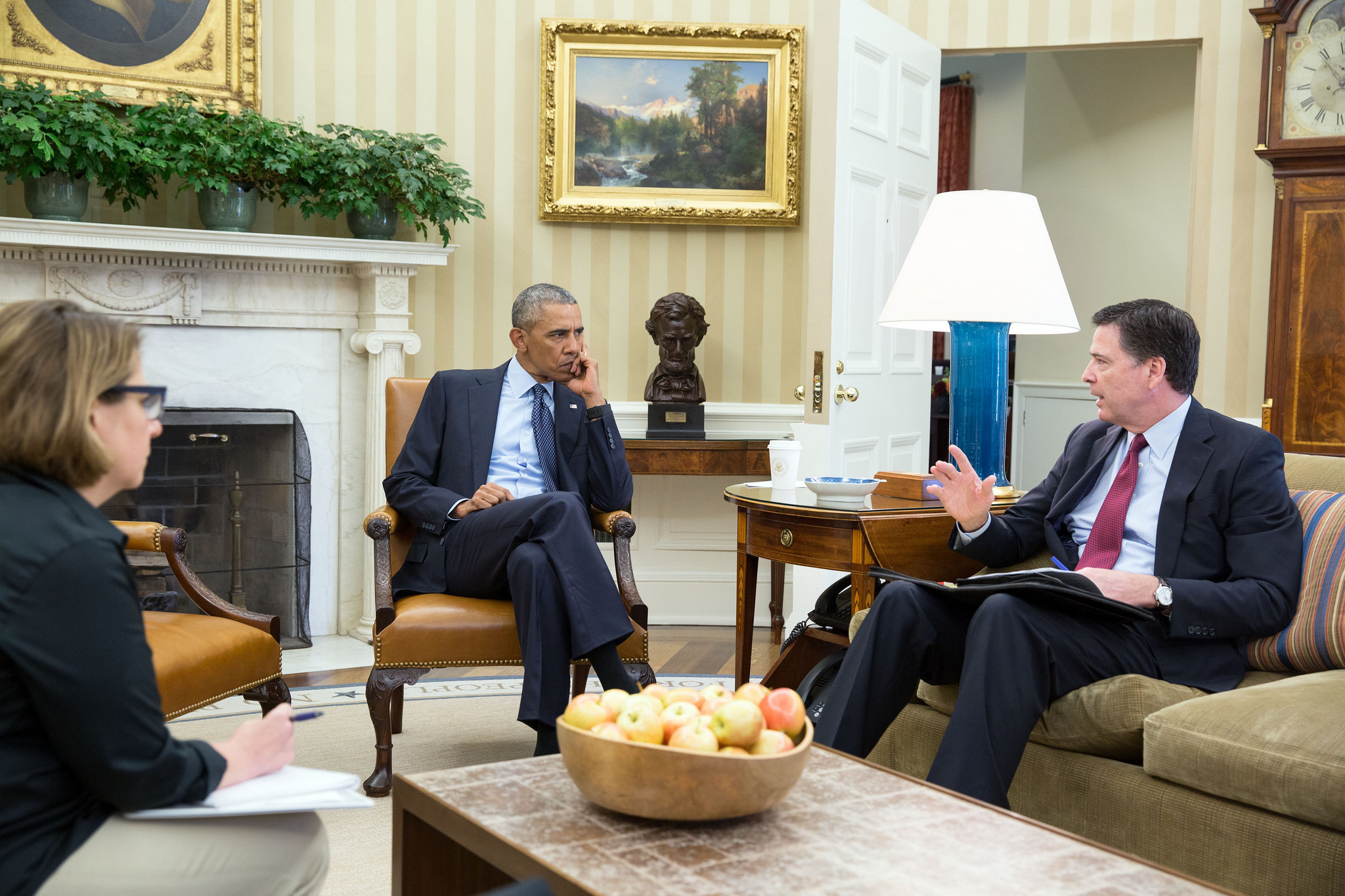Guest post by Kathleen Gallagher Cunningham

Voters in Scotland rejected becoming an independent nation on Thursday (55.3% no to 44.7% yes), but I would argue that this should not be seen as a “failure” for the Scottish movement. In fact, if we’re to believe the government in London, this will indeed be a successful campaign for greater self-rule. What concessions will look like is in question. But if Cameron makes good on his promises, the Scottish may have a degree of self-rule unique in the United Kingdom and governance would be fundamentally changed in the UK. In that sense, the Scottish will have been quite successful, and we should anticipate that this campaign will be seen as a success in generating greater self-determination for Scotland.
My recent book Inside the Politics of Self-Determination stresses the uncertainty that states encounter when faced with challenges for self-determination like the Scots pose—where it’s not clear how much support there is within the population for independence or for another form of autonomy. Most movements for self-determination are diverse. Not all Scots want independence, as has been made abundantly clear, and there has long been dissent among the Scottish over the level and type of self-government that they will enjoy. In 1979, Scots went to the polls and rejected the devolution measure on the ballot. In 1997, they returned to the polls and voted to re-create the Scottish Parliament.
This is likely not the only referendum on independence in the near future. Catalonia is continuing to push hard to have their own referendum. And Spain is pushing back. Barbara Walter suggested here that the reason we saw the referendum in Scotland was because UK Prime Minister Cameron thought it would be an abysmal failure, and would settle the issue once and for all. This may be the case, however, we can also think about this referendum as a way to manage the demands for greater self-determination coming from Scotland beyond just trying to undercut them.
If the referendum is not a total failure for Scotland, is it a total success for the UK? Or will Cameron’s brinkmanship have other negative consequences? Allowing the referendum may have been a strategic gamble, but it was also a way to find out how serious division was within the Scottish, and what they would settle for. Perhaps referenda will emerge as a more popular technique (though perhaps not with such high stakes) for states and groups seeking self-determination to bargain with one another. The Scots (assuming London makes good on last minute promises) may get more through a failed independence referendum than they would through violence or even mass nonviolent mobilization (which has limited success in these type of disputes).
Kathleen Gallagher Cunningham is Associate Professor at the Department of Government and Politics at the University of Maryland and author of Inside the Politics of Self-determination (Oxford University Press 2014).







0 comments
Since the Scots gave up their bargaining chip without a specific contract, I can’t see why they would get very much of anything from the UK government.